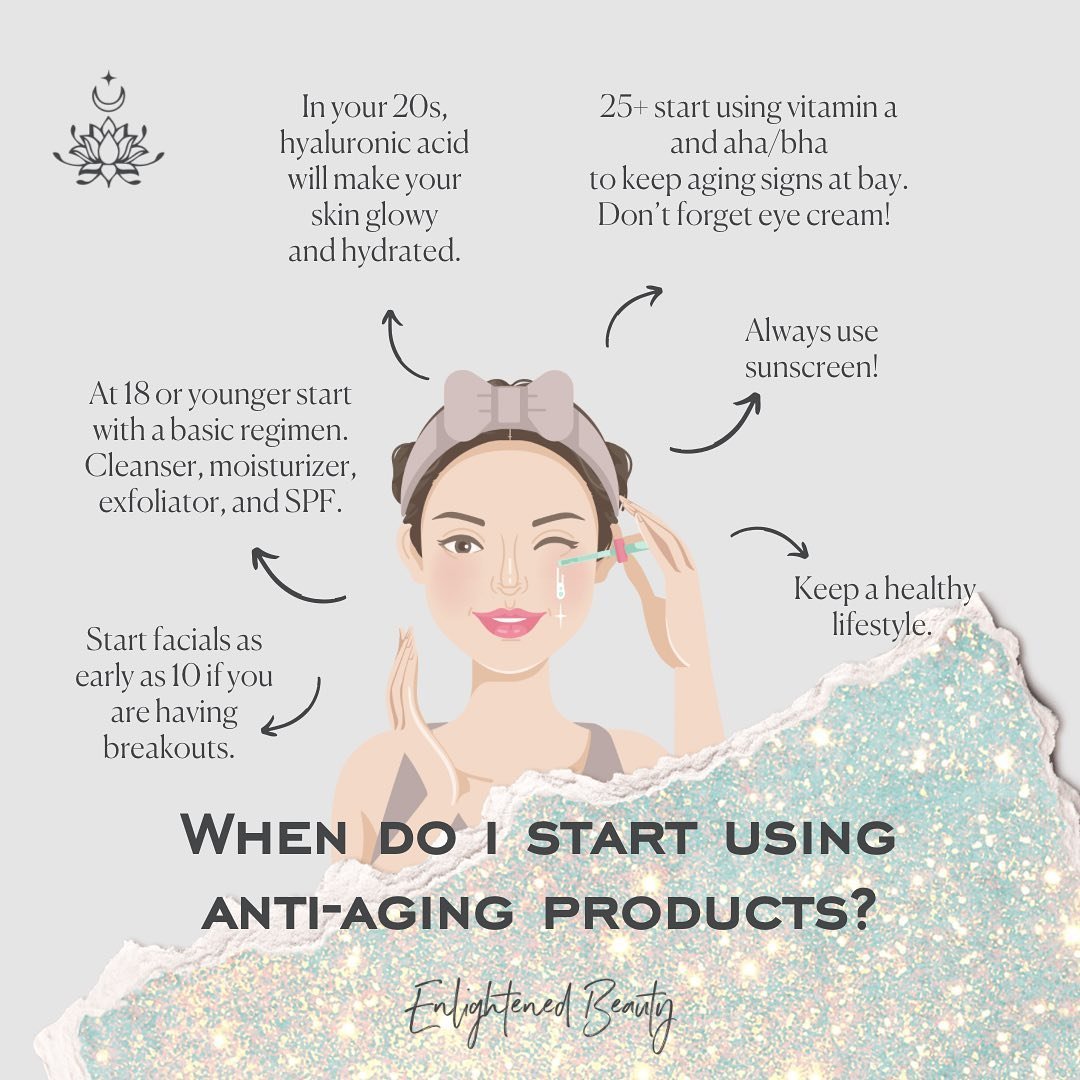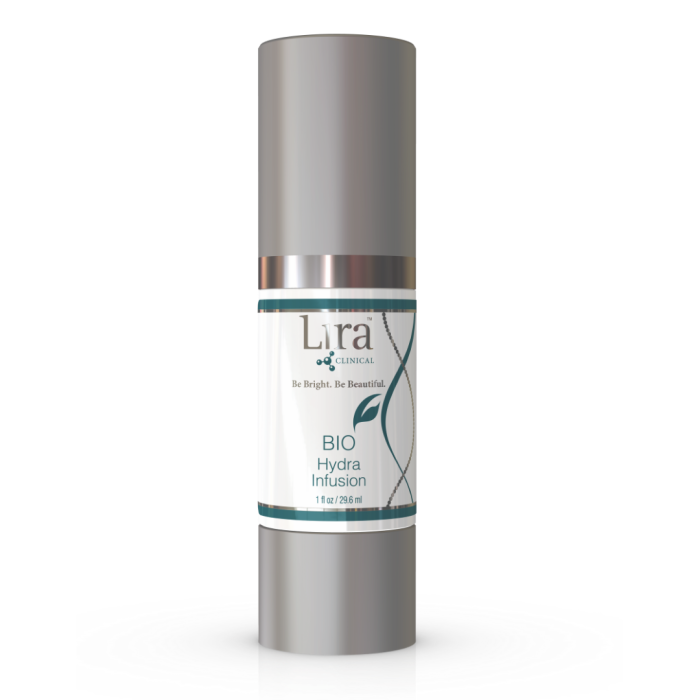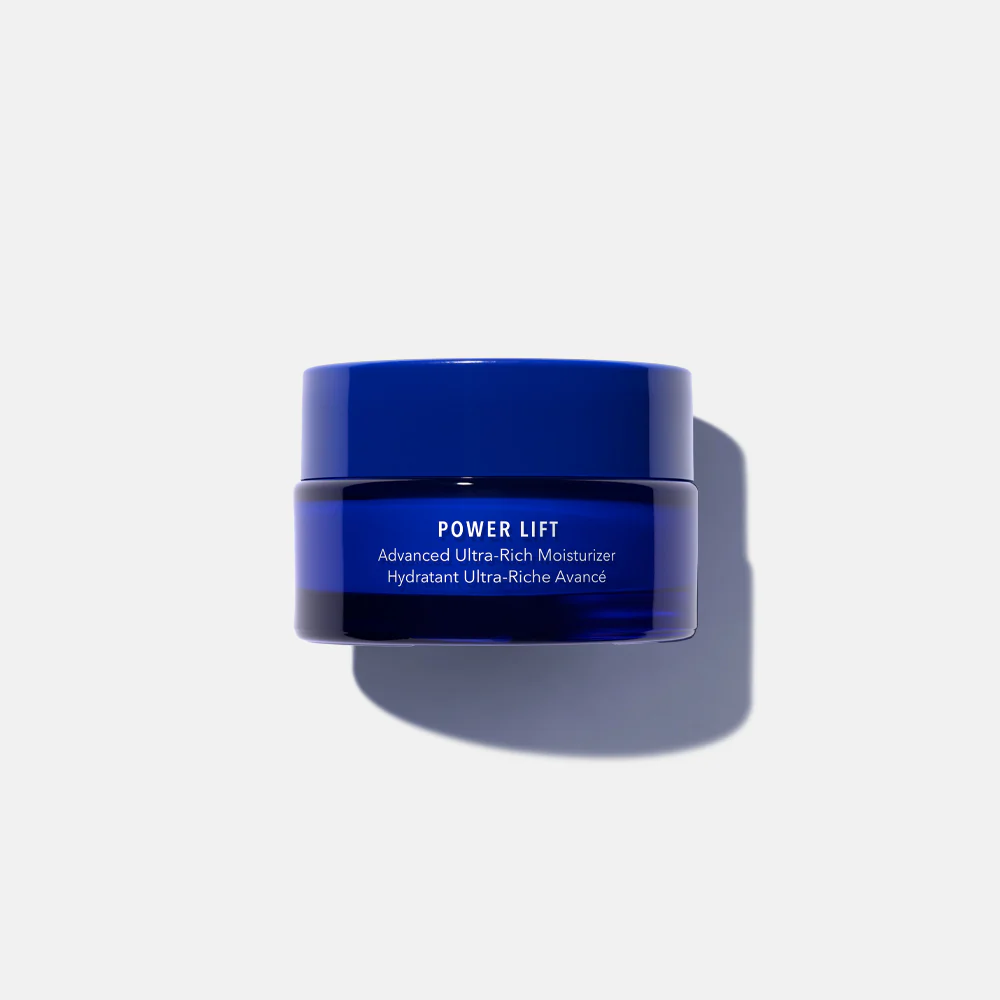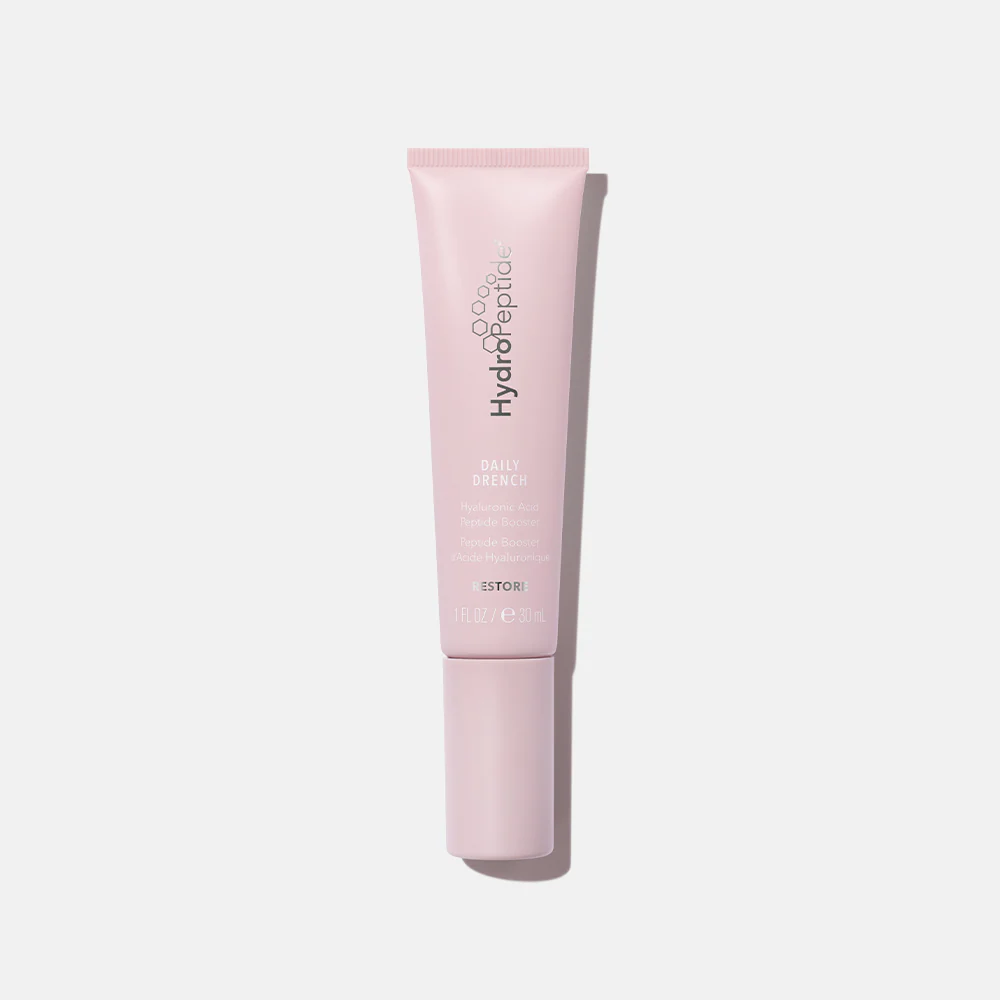When Is The Best Time To Start Using Anti-Aging Products?
We've all heard that prevention is better than cure, and your skin is no exception. While it's never too late to start taking care of your skin, it's best to start early so you can reap the benefits long-term. There's no reason to wait until you're out of your 20s and 30s to start protecting your skin from signs of aging. But there is some debate over when exactly you should start using products that target those signs.
In this article, we'll discuss what to focus on when you are starting to use anti-aging products, no matter what age range you are in. So, keep reading if you’re looking for advice on when and how you should start using anti-aging products!
It’s never too early to start establishing your skincare regimen
Did you know that facial treatments can be started as early as age 10? Pre-teens are experiencing a lot of changes in their body and can benefit from starting facials, especially when they’re experiencing breakouts. Facials can help keep future breakouts from forming and help clear existing blemishes. They also encourage healthy skin by removing dead skin cells and reducing oil production with extractions, which can promote blackheads and whiteheads. Taking care of this early on will help you stay ahead of the game when it comes to anti-aging.
If you’re age 18 or younger, it’s important to start a basic regimen that includes a cleanser, moisturizer, exfoliator, and SPF. Unless advised by a professional, this basic regimen does not need to include ingredients like retinol or peptides because they may be too harsh for younger skin. The goal of this basic regimen is to keep your skin clean and moisturized so it will stay healthy longer than if you skip moisturizing at all times.
Starting your anti-aging regimen when you are in your early 20s.
If you're in your 20s and thinking about starting an anti-aging routine, now is the time. Your skin has never been more resilient, so building up a good base will help ensure that it stays that way for years to come. You also have plenty of time to experiment with different products and approaches before committing to any one method or brand.
You should also be mindful of how you’re taking care of yourself during this decade: being healthy overall will help your body maintain a youthful appearance more effectively than if you were unhealthy or stressed out all the time.
In addition, hyaluronic acid should become your skincare bestie as it will make your skin glowy and hydrated in this decade—and with good reason! Hyaluronic acid has been shown to improve barrier function and increase dermal thickness for younger-looking results at every age level.
Here are a few of our fave products with hyaluronic acid:
In your 20s, you should also focus on taking care of your skin from within by eating well and drinking lots of water. And no matter what age you are, use sunscreen every day if you're going outside, even if it's cloudy out.
Here are a few of our fave products with spf:
Starting your anti-aging regimen when you are 25+
When you reach 25 years old and up, that's when the real fun begins! You can start using vitamin A (retinol), alpha hydroxy acids (AHAs) and beta hydroxy acids (BHAs), retinoids, and peptides. These ingredients will help prevent wrinkles from forming and treat existing ones.
Here are a few of our fave products with retinol:
By the time you are in your 30s and 40s, if you’ve already found a skincare routine that works for you, you’ll want to stay on track with it. If you haven’t as yet, it’s still not too late. This is also a great time to consider adding LED treatments or microdermabrasion sessions at least once a month to help rejuvenate your skin and keep it looking fresh and healthy.
Takeaways On Anti-Aging Skincare
To wrap up our discussion on anti-aging, we want to leave you with a few things to think about. First and foremost, prevention is key. It's not just what products you use, but how you live your life. If you're eating well, staying hydrated, getting enough sleep and exercise, and not stressing out—you're already doing 60% of the work! But we know that's easier said than done sometimes.
So if you need help establishing a consistent routine or finding some other ways to relax and take care of yourself, consider seeing an esthetician regularly. They can help you with everything from knowing which products are best for your skin to setting up a skincare routine that works for your lifestyle (and budget).
Finally: remember that there are no shortcuts in this game. If it's worth having, it's going to take some time and patience on your part—but it will be worth it when you look at yourself in the mirror and see the results of years' worth of dedication and commitment to taking care of yourself!












